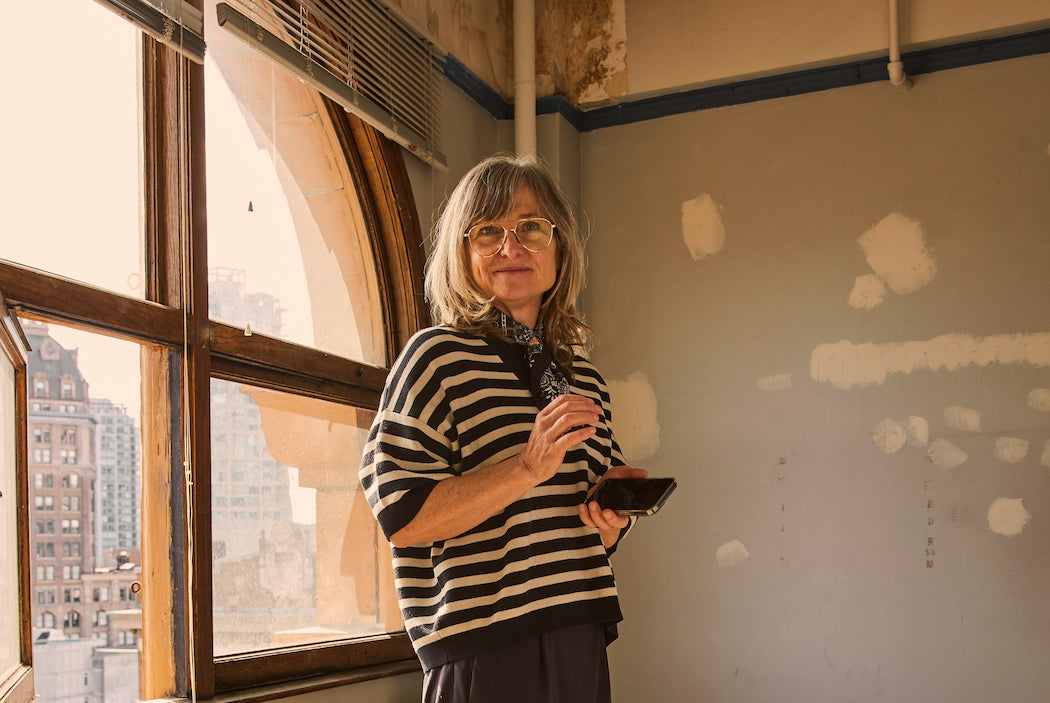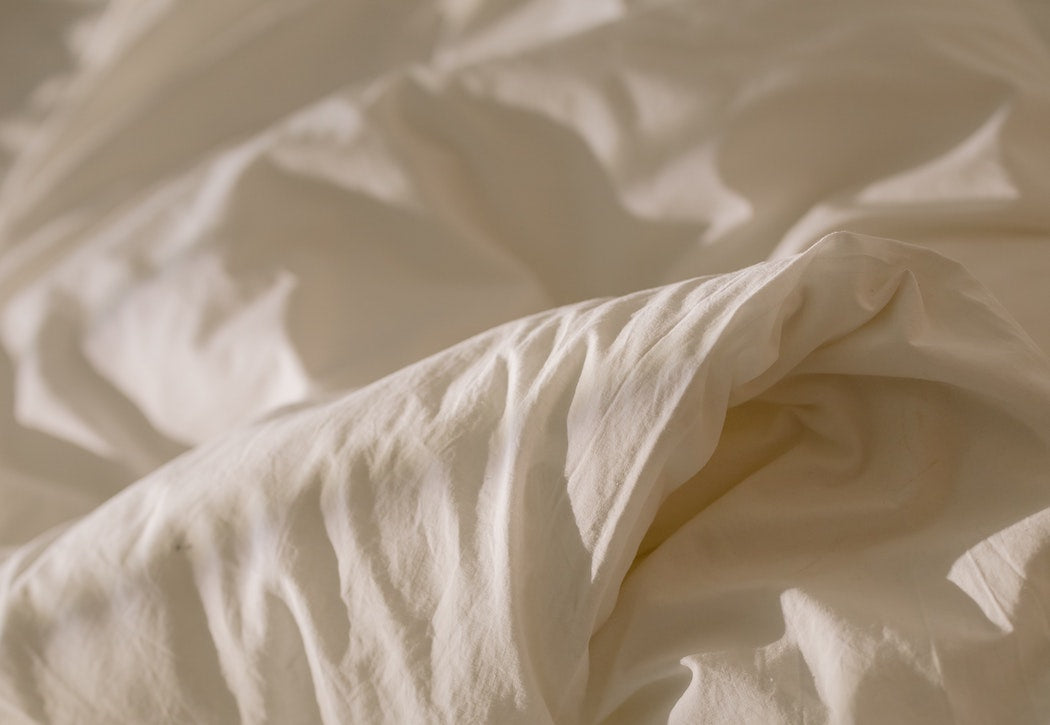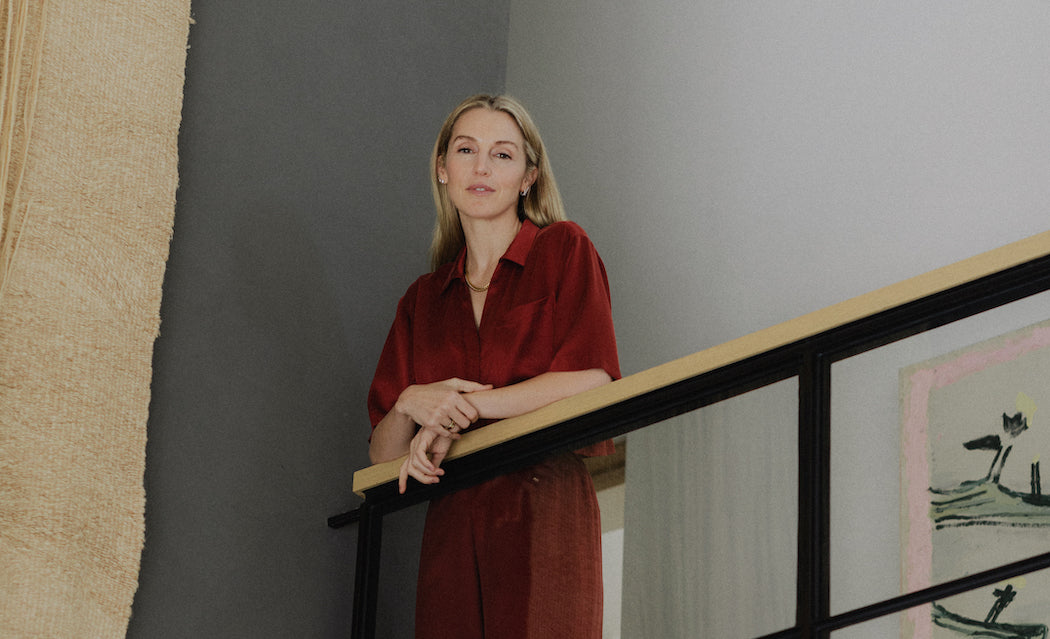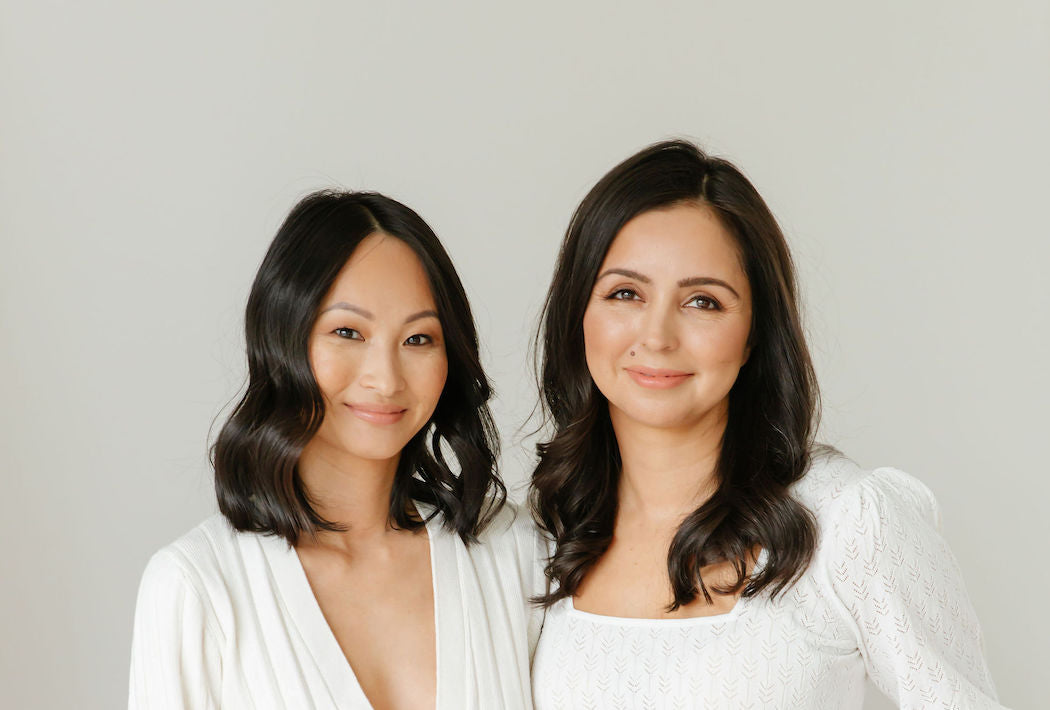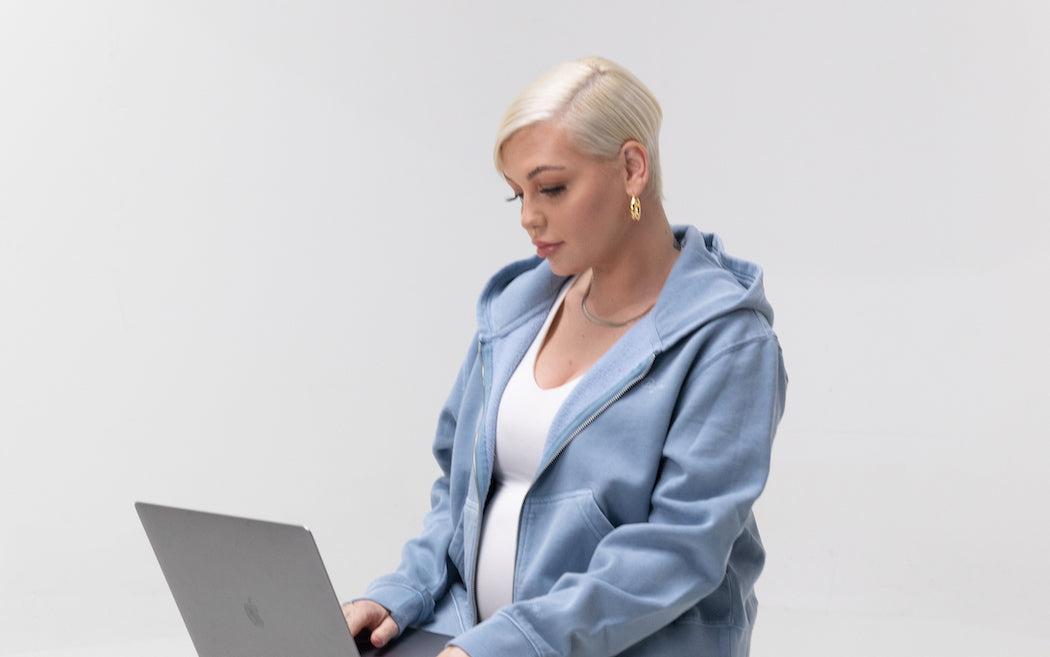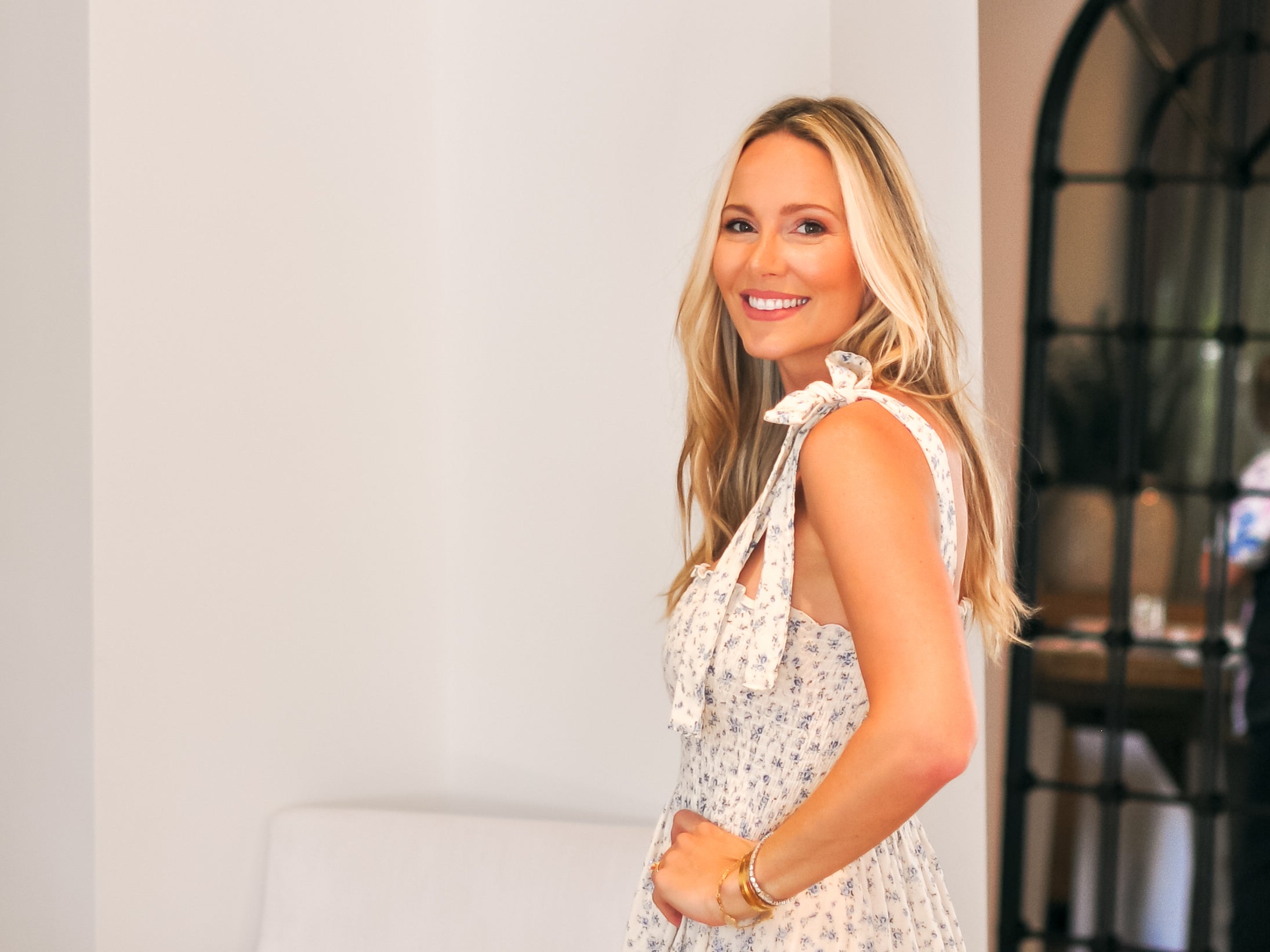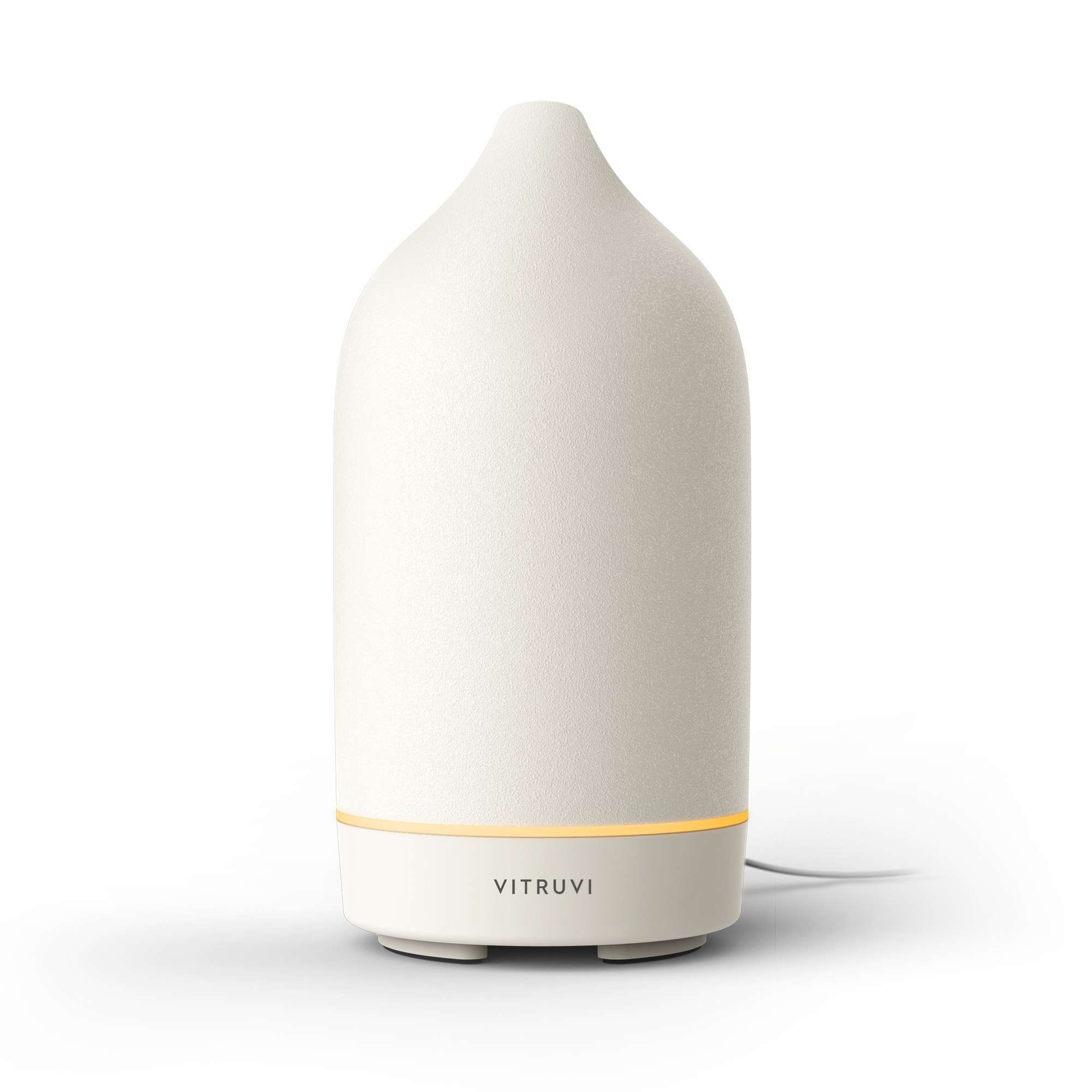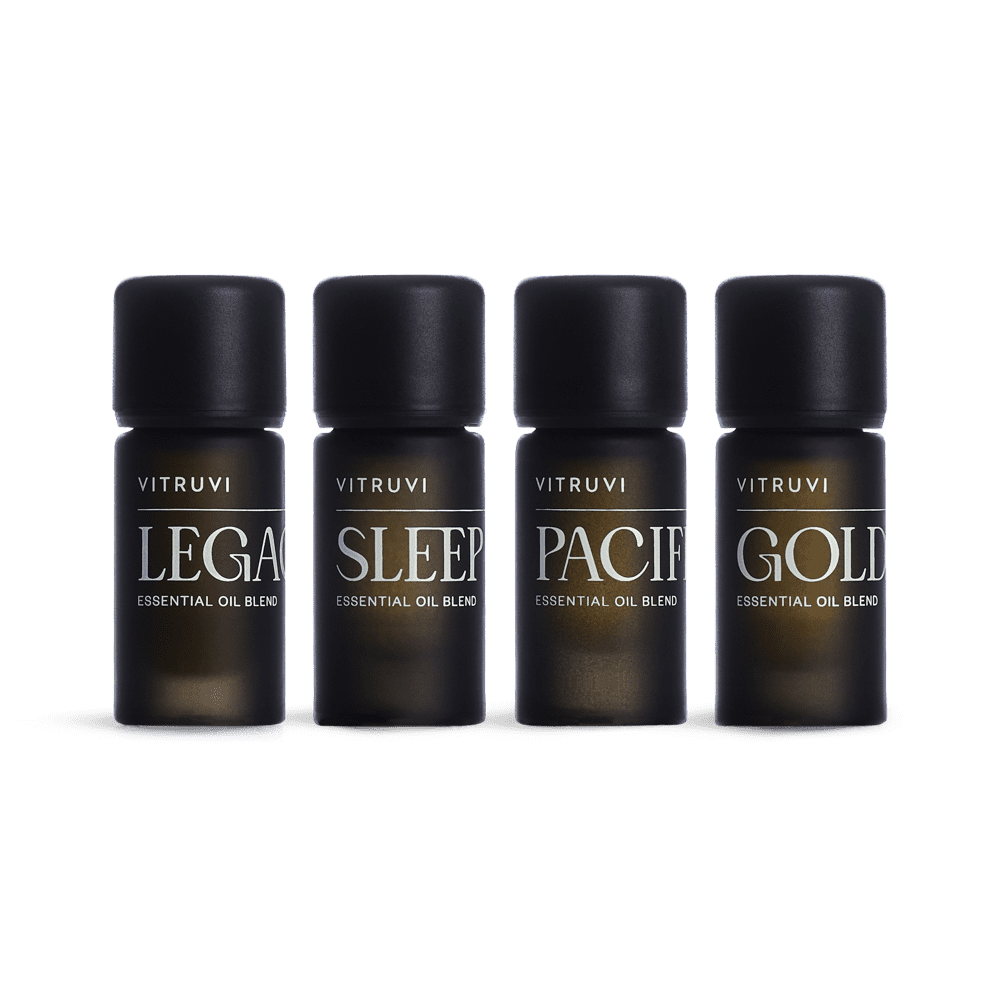I’m fairly fresh to being a dog owner, having grown up with cats (and ducks, terrapins, and chickens, who all unfortunately met tragic, untimely deaths). Today, during a w-a-l-k-i-e at the Victorian park at the top of my street, I treat myself to a mocha from a tiny bakery situated at one of the entrances. Perched on the decking, savoring my hot drink and the vista, I realize I’ve found an ideal observation point for any life entering the park. It’s time for people-watching.
Sipping my drink, I spy some young, lanky lads with tennis rackets; a couple dressed in matching green fleece jackets; an older man looking unintentionally hipster with his long beard and yellow beanie; a guy wheeling a bicycle with a baby seat; and a stocky man with a silver chain necklace who looks just like his sandy bulldog.
I also notice the varying types of bodies. Stocky with a V-shape; straight up and down; curvy with hips; no bum; thicc ass. I observe their hair (or lack thereof) in the form of stubble and sideburns; some full and some receding. It’s a mixed bag of every body type, and I’m living for it.
A wise therapist once advised me that my negative body image could be eased if I sat in a busy area and observed the bodies of men who passed by. Within minutes, this exercise helped me realize that a range of masculinity is on display out in the world—it’s just far removed from the airbrushed models gracing billboards, magazines, and my Instagram feed.
In the same way I switched from being a cat owner to a dog owner later in life, I came out as “not a woman” in my late twenties.
At a glance—discussing the weather in a checkout line; waiting for the one toilet at a petrol station; filing into a swimming pool locker room—you may assume I am a cis, white, straight man. But I am none of the above. What I am is a mixed-race, queer, non-binary, trans masculine person.
This means I was assumed to be a girl when I was born, which felt difficult for me to perform and made me feel like an imposter. Even before the panic attacks started, I was on a quest to love myself—to accept that puberty had turned my body into a curvy feminine shape. My body not lining up with how I felt inside meant that it took ages for me to leave the house; I often changed my outfits countless times, determined to find the most androgynous, non-feminine combination that counteracted the shape of my body. I would stare into the mirror, trying to recognize aspects of myself—and because I didn’t see myself reflected back, I felt a sense of separation. Almost like I was far away. Not present the way I am now.
Like many trans people who come out later in life, when I was young I didn’t have any role models or support systems to help me discover the most authentic version of myself. I didn’t get the boyhood I wanted when I was growing up, and this resulted in me not feeling comfortable in my skin and being seen as a bad kid for much of my childhood. Despite wanting to please my parents, I often threw tantrums over not wanting to wear that frilly dress, those itchy tights, or that starchy blouse on occasions that required dressing up.
It took me until my late twenties to realize that being trans wasn’t something that would “go away,” and that my panic attacks would keep happening until I dealt with my gender issues.
Our bodies are massively important to nurture for our overall health and wellbeing. I need to accept that it’s a long journey; the aim of the game is more gender euphoria, which I’ve attained every time I’ve adjusted my shell (thanks to hormones and procedures like top surgery and masculinizing liposuction, which have been life-changing). My quality of life has improved, which has allowed me to help others feel a sense of belonging both in their bodies and on the planet; it’s something I’ll be discussing as a speaker at the virtual body confidence conference The BodCon 2022 on February 27.
Due to my anatomy and the limitations of surgery, I inhabit a body that will never fully conform to society’s standards of what makes a man. Even so, I feel more comfortable in my own skin now than I ever have before.


